Service hotline
+86 0755-83044319
release time:2023-10-20Author source:SlkorBrowse:13852
III. Abundant talent and funding support the Israeli semiconductor industry.
Why can Israel develop into a chip powerhouse despite its poor "natural conditions"?
In simple terms: money and talent.
Regardless of the industry, funding is always a crucial factor in the development of businesses, particularly in the semiconductor industry. Semiconductors are a capital-intensive industry that requires continuous investment, and even with substantial funding, there is no guarantee of success. It is a high-risk, high-reward field where start-up companies struggle to survive, with little room for error.
This is where venture capital plays a vital role. Venture capitalists with financial resources support entrepreneurs who possess specialized technology and demonstrate good market prospects but lack startup capital, assuming the risk of investment failure during the early stages.
The key to the success of the global technology hub, Silicon Valley, lies in its mature venture capital ecosystem, which significantly increases the tolerance for failure among startups and provides a supportive environment for fledgling companies.
Tel Aviv, as the capital of Israel and a hub for venture capital, has a highly active deal flow in the technology sector, second only to Silicon Valley. Reports indicate that 11% of global VC investments in the Industry 4.0 field have gone to Israeli companies. In 2021, Israel's venture capital reached $10.8 billion, more than 28 times the per capita venture capital in the United States. Although venture capital declined in 2022, it still amounted to $8.1 billion.
Apart from significant capital influx, the Israeli government provides legal protection and funding for start-up companies. As early as 1984, Israel passed the "Encouragement of Industrial Research and Development Law," which allows research and development projects meeting specific criteria and approved by the
Office of the Chief Scientist (OCS) Research Committee to receive up to 50% funding support for approved expenditures. In exchange, the recipient must pay royalties to OCS, and OCS has the right to inspect the recipient's books.
Regarding taxation, Israel also offers favorable policies for high-tech companies. In 1985, the corporate tax rate in Israel was 61%, which has been reduced to 23% by 2022. Israel also has the "Angels Law," providing tax incentives for private investors in young companies, especially those with R&D capabilities.
Israel has specific laws to encourage research and development innovation while supervising the allocation of funds and monitoring project outcomes. By generously providing funds and ensuring their efficient utilization, Israel achieves better results with less effort.
The government's generous subsidies and the large-scale venture capital industry ensure that Israeli semiconductor companies are well-funded.
Besides having money, there must also be capable individuals.
Over 70% of Israel's population is Jewish. When it comes to Jews, the stereotype of their exceptional intelligence immediately comes to mind.
Whether or not Jews have genetically outstanding traits is debatable, but the fact remains that they have a significant number of highly educated talents.
According to data from China's Ministry of Commerce, Israeli researchers account for 6% of the country's population, with 135 scientists and engineers per 10,000 people, surpassing the United States' 85 and ranking first globally. 77% of the Israeli population has received 12 years or more of education, 20% have a university degree, and the country has nearly 200,000 university students.
In addition to nurturing numerous talents through a focus on education, Israel has also attracted a large number of highly educated immigrants.
Jews have their unique "returning to the homeland" dream, so after the establishment of Israel, the "Law of Return" was enacted. This law grants Israeli citizenship to any Jew immigrating to Israel from anywhere in the world.
Immigrants from developed countries and the former Soviet Union have brought a wealth of scientific and technological knowledge to Israel, playing a significant role in its innovation. These immigrant populations generally have higher education levels and include a substantial number of excellent engineers, whose talents are indispensable for the development of Israel's high-tech industry.
Summary
The ancient land of Canaan, the legendary "Promised Land," and the reality of Israel were almost "empty-handed."
In the midst of the desert in the Middle East, tiny Israel has overcome its natural disadvantages and inherent deficiencies through strategies such as innovation and capital, and has quickly become a prominent player in the world's semiconductor industry. Clearly, behind the myth of Israel's semiconductor industry is not God's promise, but the hard work of countless Moseses and their descendants.
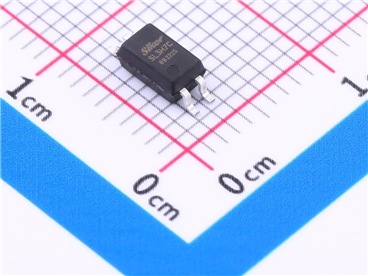
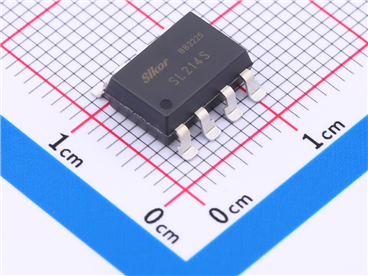
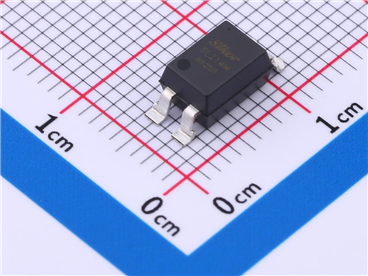
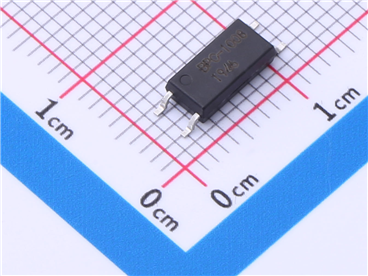



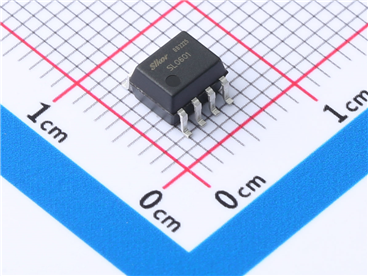

Site Map | 萨科微 | 金航标 | Slkor | Kinghelm
RU | FR | DE | IT | ES | PT | JA | KO | AR | TR | TH | MS | VI | MG | FA | ZH-TW | HR | BG | SD| GD | SN | SM | PS | LB | KY | KU | HAW | CO | AM | UZ | TG | SU | ST | ML | KK | NY | ZU | YO | TE | TA | SO| PA| NE | MN | MI | LA | LO | KM | KN
| JW | IG | HMN | HA | EO | CEB | BS | BN | UR | HT | KA | EU | AZ | HY | YI |MK | IS | BE | CY | GA | SW | SV | AF | FA | TR | TH | MT | HU | GL | ET | NL | DA | CS | FI | EL | HI | NO | PL | RO | CA | TL | IW | LV | ID | LT | SR | SQ | SL | UK
Copyright ©2015-2025 Shenzhen Slkor Micro Semicon Co., Ltd